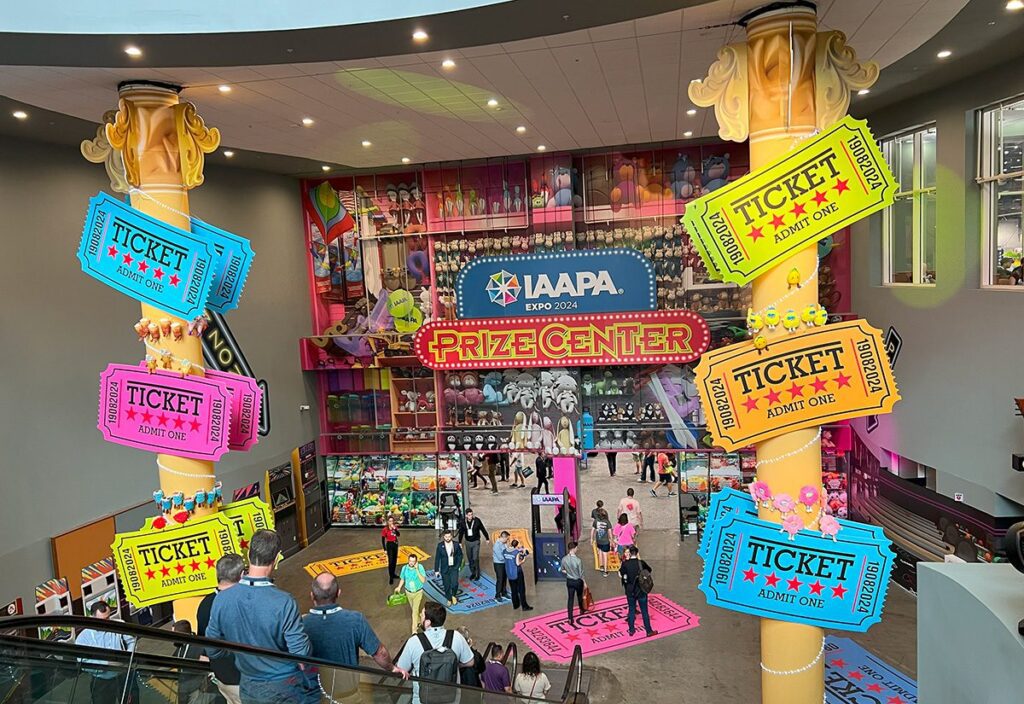As NASCAR players contemplate an uncertain fiscal future for the 2009 racing season, they’re finding it necessary to retool tactics in what promises to be a limiting marketing environment.
A diverse group of panelists at Sports Business Journal’s Motorsports Marketing Forum on Wednesday offered their perspectives on what kind of impact the dismal economic climate will have on operations and how they’ll adjust to it.
“We’re feeling from our sponsors,” said Chris Weiler, vice president of partners management for Chip Ganassi Racing Teams. “They’re paying high rights fees and that’s impeding their ability to activate.”
Ganassi already made a major cost-cutting move itself, joining forces with Dale Earnhardt, Jr. in a consolidation seen as a neon sign of the tight economic times. With sponsorship money representing 80% of its revenue and some sponsorships likely to be “choked off,” as Weiler put it, through 2010, he said Ganassi is working on more creative activation strategies.
After the panel, Weiler said that Ganassi-Earnhardt would field four cars next season, contrary to reports that the merger would cause a cutback to two vehicles on the NASCAR circuit.
But serious concerns about NASCAR maintaining its competitive edge have been a recurrent theme during this week’s forum. “You’ve got to have the heritage teams and the new teams,” Brian Wolfe, Ford’s director of North America Motorsports, told the panel’s audience. “If you want just four owners and 16 cars, that’s not a way forward.”
Ford has cut support for the Nationwide series, considered an also ran to the more prestigious Sprint Cup series, and the NASCAR truck series. Wolfe said Ford is even cutting back on the clothing it supplies pit crews at the tracks. And it is limiting its track sponsorship to the Homestead race it owns title sponsorship for, dropping support of the Kansas City track next season.
On the track side, Mike Tatoian, executive vice president of Dover Motorsports, said his organization will be “materially affected” by the race testing ban NASCAR has implemented as a cost-cutting measure next season. Pre-race testing brings fans out to the tracks for days prior to the race at each venue.
Tatoian voiced support for it to lighten the race teams’ financial load, but said, “It helped the teams. It hurt us.”
Tatoian said the Nationwide and truck series races haven’t maximized their potential yet, noting that the truck races are a money loser for Dover, drawing only 10,000 to 15,000 spectators. Dover sells more than 100,000 tickets for each of its two annual stock car races.
The stock car racing association is also helping its TV partners control costs, saving a projected 15% of their annual $70 million production budgets by reducing backbone infrastructure with shared editing machines. “By changing the tools that allow NASCAR to be on TV, we can save our partners a lot of money,” said Jay Abraham, chief operating officer of NASCAR Media Group.




 Network
Network

